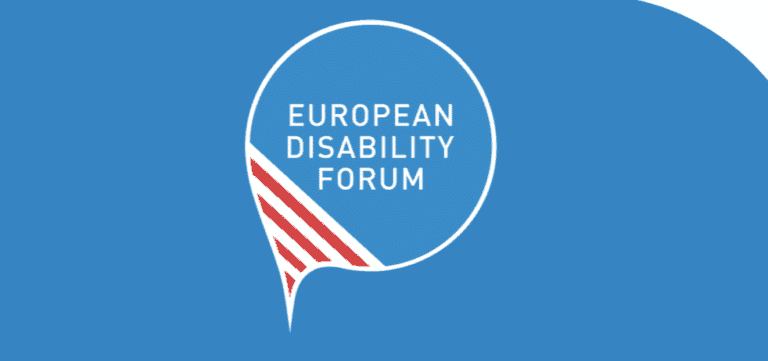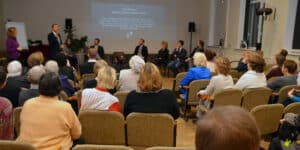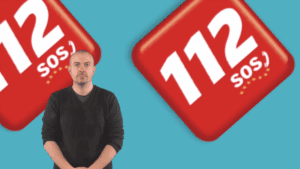On 8th of May EUD followed a webinar looking at different methods of disability assessment in the European Union and its implications for the equality of persons with disabilities. The webinar was organised by the European Disability Forum (EDF) with the participation of Ms Catalina Devandas, UN Special Rapporteur on the Rights of Persons with Disabilities, Ms Nadia Hadad, Board Member of the European Network of Independent Living, Mr Mark Priestley, Professor of Disability Policy at the University of Leeds, Konstantinos Charalampous, from the Ministry of Labour, Welfare and Social Insurance of the Government of Cyprus, as well as representatives from National Disabilities Councils in Latvia and Italy.
The method for assessing deafness, granting benefits and providing social protection to deaf citizens varies substantially by Member State. Some methods to assess deafness focus on a medical approach without consideration of social and linguistic barriers, such as sign language interpretation. This also prevents deaf people from exercising their right to freedom of movement in the EU on an equal basis with others, as the disability status established in one EU Member State will not be recognised in another Member State.
Ms Catalina Devandas explained that disability assessment processes must be in line with the principles of the UN Convention on the Rights of Persons with Disabilities (UN CRPD) such as non-discrimination, participation and accessibility. She highlighted that many disability assessment systems for deaf persons do not provide for sign language interpretation, which highlights the exclusion of deaf persons in their own disability assessment processes.
Ms Nadia Hadad gave an overview of existing systems of disability assessment in the EU. Different systems include the medical assessment, the barema assessment, the functional capacity assessment and the holistic assessment. Mr Konstantinos Charalampous presented the disability assessment model adopted in Cyprus, considered to be one of the few to be in line with the UN CRPD. This model follows a holistic assessment which includes a comprehensive overview of the barriers faced by the persons undergoing the process.
Following this webinar, EUD will continue to work with its members and partners to ensure that disability assessment procedures are in line with the human rights model of disability put forward by the UN CRPD. For deaf persons, disability assessment processes must allow them to use sign languages and should take into account broader factors such as the level of inclusion and empowerment within their community.
EUD tänab EDFi veebiseminari korraldamise eest.
Lisateave veebiseminari kohta siin.













